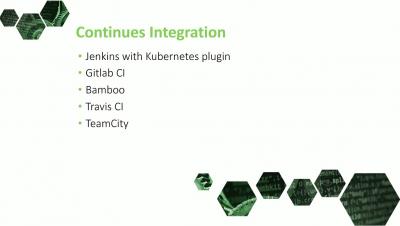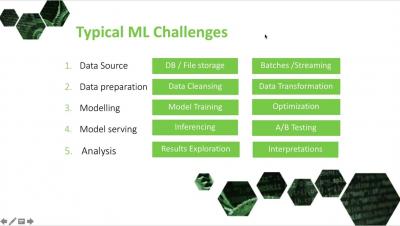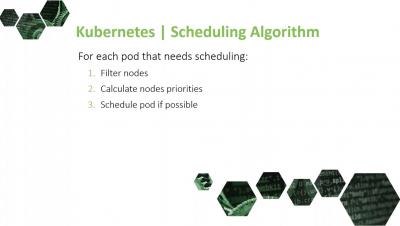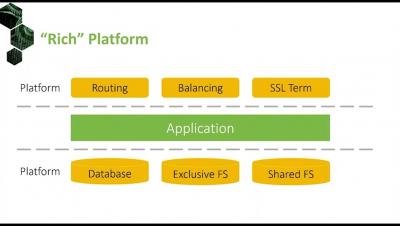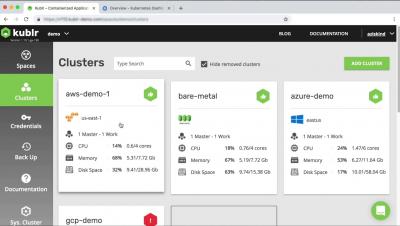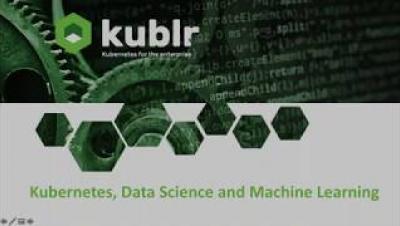Application Deployment with Kubernetes
Kubernetes ensures your deployed applications are always available to users. But how do you deploy applications in Kubernetes without user/service interruptions? Should you write your own scripts using low-level Kubernetes objects, package everything in Helm, or use specific CI/CD tools? There isn’t a clear-cut answer; it always depends.


